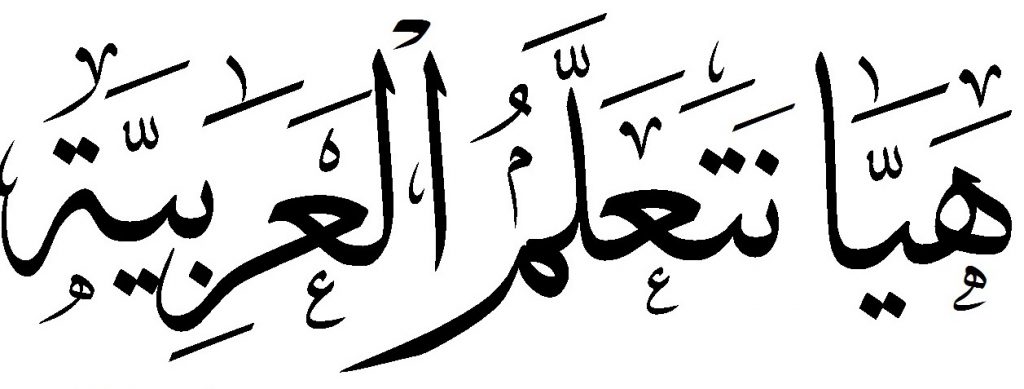Skip to content
Modern Standard ArabicFouad Touzani2019-01-04T21:06:58+00:00

Modern Standard Arabic (MSA) is the formal medium of communication in the Middle East and North Africa and the official language of all countries in the region. MSA is also one of the six official languages of the United Nations. In so saying, it remains crucial for those who plan to live or work in the Arab world as well as the professionals and researchers whose work is somehow related to the MENA area in general or to a particular Arab country.
Generally speaking, there are three levels in MSA. In the beginning level, students master the Arabic script, pronunciation of alphabets as well as introducing basic grammatical structures in addition to acquiring basic vocabulary in an attempt to build the basics of the four key skills: Listening, speaking, reading and writing. This level is for students with a little or no prior experience with Arabic. The intermediate level aims at expanding vocabulary and furthering the development of the four skills: Listening, speaking, reading and writing. We will focus on introducing more complex grammatical structures, reading texts from different sources, introducing short writing assignments and handling a number of interactive and social situations in order to facilitate conversations on relatively complex topics. This course is for students who have studied Arabic for 2 to 3 semesters. In the Advanced level, students strengthen their ability to read and understand complex texts, enrich and refine the acquired vocabulary, expand their knowledge of sentence construction, and polish their communicative skills. This is in addition to gaining a cultural knowledge about the Arab world in general and Morocco in particular. While we tend to focus on Al Kitab as a textbook, we do use other teaching materials to offer students the opportunity to discover and use other useful textbooks.
Ibn Ghazi Arabic Institute offers advanced students the opportunity to further develop their Arabic through taking post-advanced courses dealing with various relevant themes relating to the Arab world such as media, history, literature, religion, international relations and politics. Advanced students can also get customized individualized courses that meet their needs and objectives. Such post-advanced courses provide students with the necessary tools to understand the Arab society and culture.